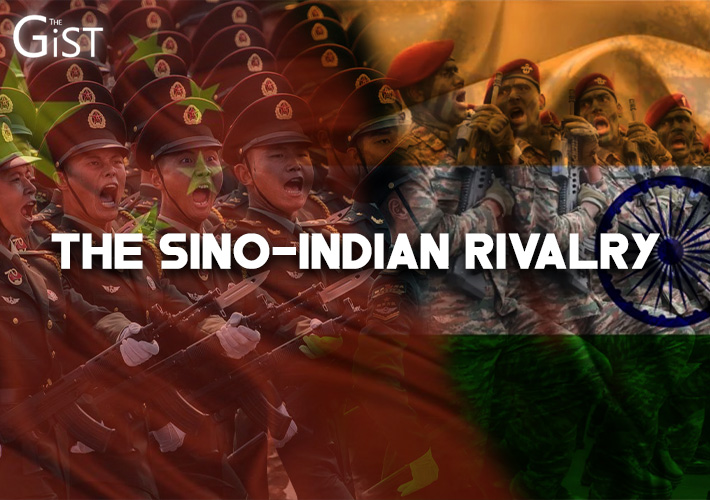China’s new white paper on Tibet is the 15th in a series that began in 1992, and one can presume more will happen. At one level it would appear to reflect China’s confidence in its hold over Tibet and what it has accomplished since it invaded and occupied the roof of the world 70 years ago.
But Tenzin Lekshay, Director of the Tibet Policy Institute in Dharmashala, believes it underscores the crisis of legitimacy Beijing faces. Despite repression and suppression of Tibetan political rights and culture, China’s governance apparatus there knows that the Tibetan spirit remains undiminished. Tibetans continue to recognise only the Dalai Lama, not Beijing’s pick for various religious offices including the Panchen Lama.
“Even today it is difficult to find his picture in any Tibetan home,” Lekshay says, which proves that China’s choice of Panchen Lama is seen as fake by people there. It can also be taken for granted that Beijing’s attempt to meddle in the succession to the Dalai Lama will fail.
More in this exclusive conversation with Tenzin Lekshay, on The Gist, on Stratnews Global.
[/vc_column][/vc_row][/tdc_zone]








